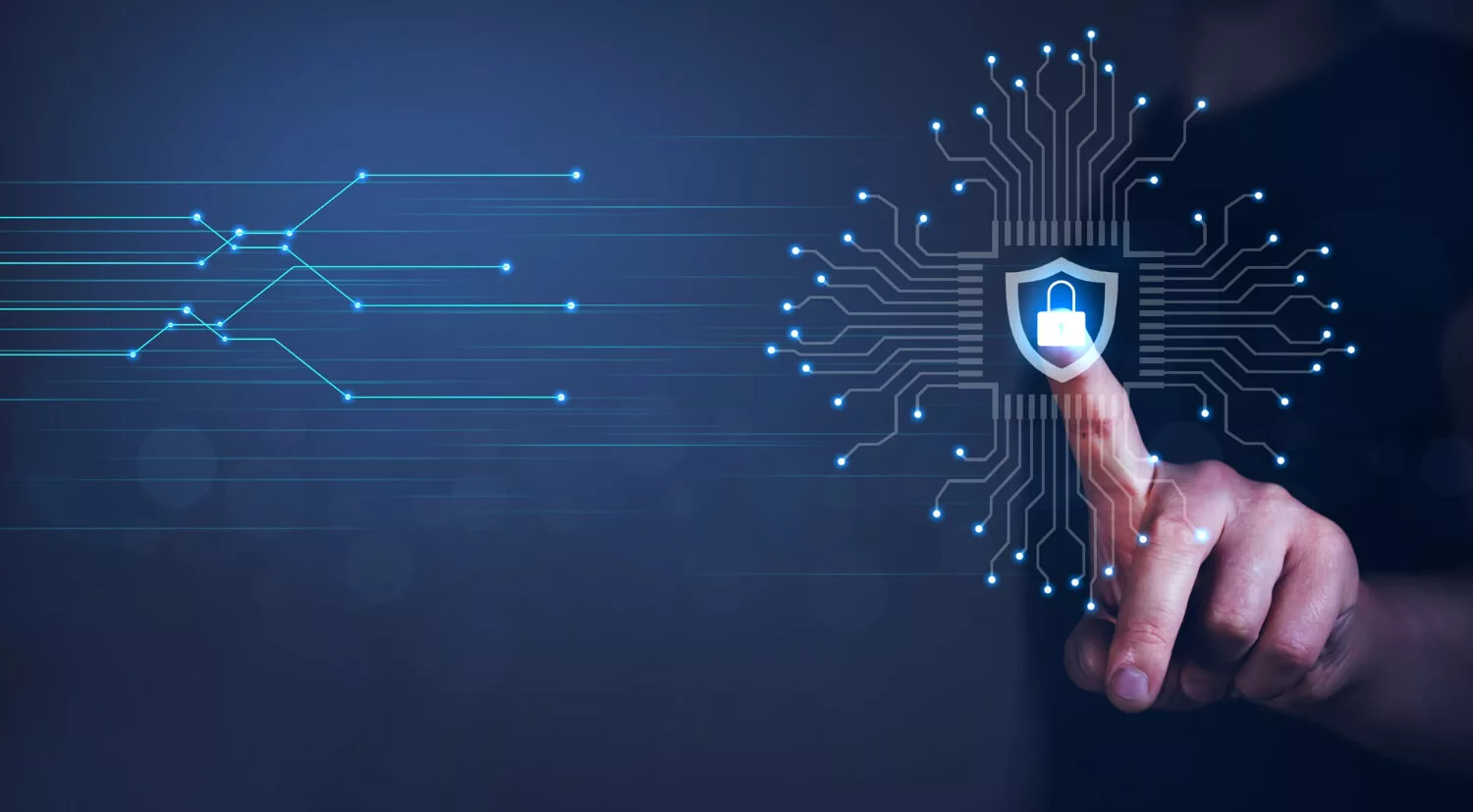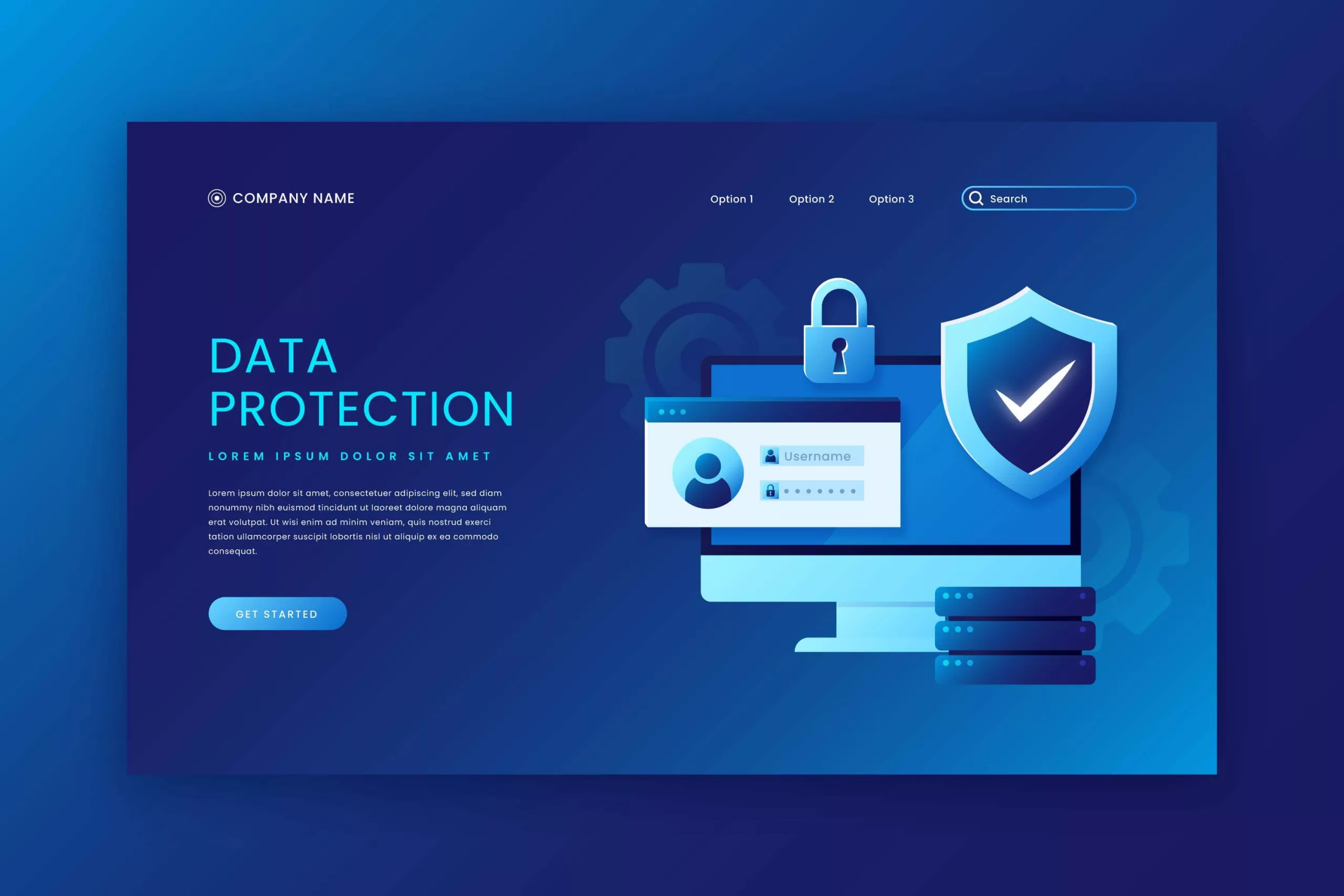With cyber threats on the rise, implementing comprehensive security measures is a must for any business that values its data, devices, and systems. Though no solution can entirely eliminate risk, taking proactive precautions can help safeguard your organization against most attacks. By making security a priority from the ground up, you can protect your assets and operations for the long haul.
A multilayered defense strategy is key, one that incorporates both technology solutions and vigilant human oversight. Though an initial investment is required, the long-term payoff of a secure environment is immense. If your firm needs help with your IT security, consider making the following critical security practices central to operations.
Security Measures to Have Safe Online Business

Cybersecurity is not just a concern for large corporations or tech-savvy individuals; it’s a critical issue for everyone who interacts with the internet. This encompasses daily activities such as sending emails, online banking, shopping, and even engaging with friends on social media platforms. The following are some of the measures that you can adopt.
Install a firewall
Firewalls monitor incoming and outgoing network traffic and block threats like malware. Choose a reputable firewall provider that offers robust features, and most definitely, make certain all software for the firewall is kept current.
Use antivirus software
Antivirus software scans for and removes malware like viruses, spyware, and ransomware. Install it on all devices and set it to run regular scans. Keep antivirus definitions current.
Enable multi-factor authentication
Requiring multiple forms of authentication like biometrics or one-time codes enhances login security. Enable multi-factor authentication on all important accounts like email, banking, and remote access.
Create strong passwords


Weak passwords are easy for hackers to guess. Create long, complex passwords with letters, numbers and symbols. Use a password manager to generate and store secure passwords.
Keep software updated
Running outdated software with known vulnerabilities puts your system at risk. Enable automatic updates on operating systems, browsers, applications, plugins and other software.
Secure WiFi networks
Your WiFi network should be password-protected with WPA2 or WPA3 encryption to prevent unauthorized access. Change default passwords and hide your network name.
Control access with permissions
Give employees access only to the data and systems necessary to do their jobs. Set up user accounts with appropriate permissions and use the principle of least privilege.
Encrypt sensitive data


Encryption scrambles data so only authorized parties can read it. There are many encryption methods, but AES 256-bit encryption is recommended for strong security. Encrypt confidential business data, customer information, passwords, financial data, trade secrets, usernames, and other sensitive information.
Back up data regularly
Back up critical business and customer data to both local and cloud storage. Test backups regularly to ensure data can be recovered in an emergency.
Train employees on security
Educate staff about cybersecurity best practices through onboarding and ongoing training. Topics can include password usage, phishing scams, safe web browsing and handling sensitive data.
Monitor activity


Use tools like security information and event management software to monitor activity across your network. Watch for anomalies that could indicate a breach.
Control physical access
Limit access to facilities, servers and devices to authorized personnel. Require ID badges and install security cameras, alarms and entry control systems. Keep laptops and devices secure.
Work with IT security experts
If you lack in-house expertise, partner with managed IT security providers. They can help assess risks, implement solutions and respond to security incidents.
With diligence, expertise, and the right solutions, you can create a security-centric environment. Though threats exist, sensible precautions will thwart most attacks. Protecting your business is an ongoing process that requires care and strategic thinking. But with proper measures in place, you can rest assured your assets are guarded from harm.



